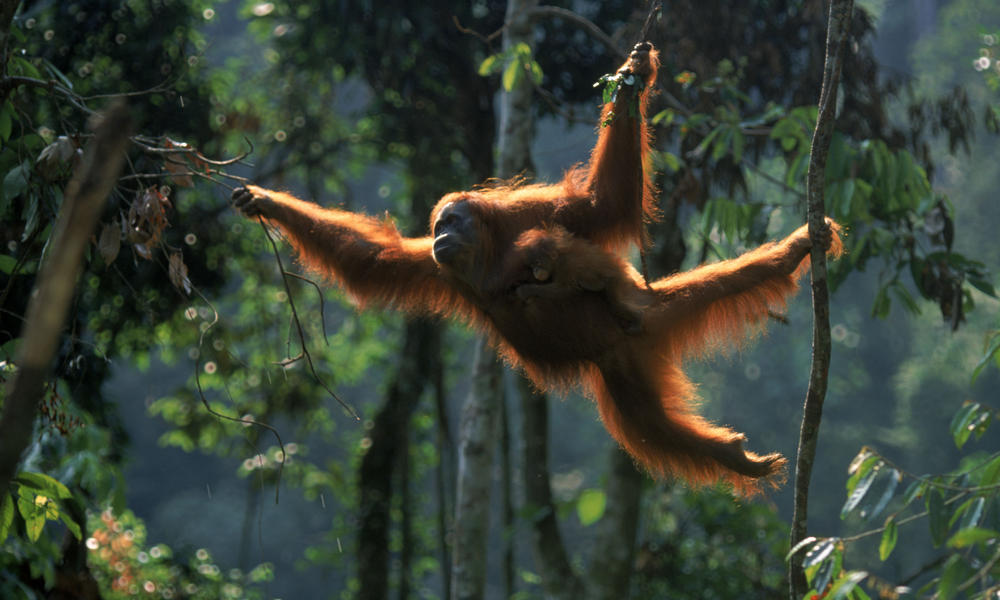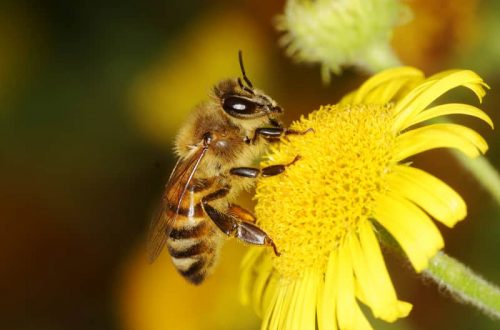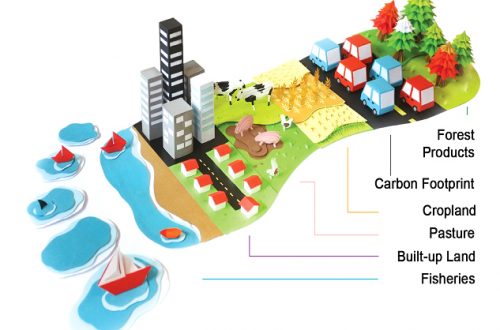
The Problem With Palm Oil
Palm oil. Ever heard of it? It’s found in about half of packaged products sold in US grocery stores, lurking in your favorite snack foods and many other household items such as laundry detergent, toothpaste, makeup, and shampoo. Palm oil has become the most widely used vegetable oil on Earth because of how well it grows in tropical communities and the minimal care it requires unlike other vegetable oils. However, this rapidly growing demand for palm oil comes at a high price.
The production of palm oil is one of the leading causes for the destruction of rainforests. A majority of world palm oil supply comes from Malaysia and Indonesia (about 85%). As plantations continue to grow and expand to meet demands, culturally and biologically diverse ecosystems are being destroyed to make room to harvest more palm oil. This rapid habitat loss threatens the survival of Indigenous Peoples and rural communities and pushes irreplaceable species to the brink of extinction, including Orangutans, Tigers, and Elephants. Unfortunately, palm oil production poses serious environmental threats to not only Malaysia and Indonesia, but the entire planet as a whole. The process of clearing rainforests and burning of carbon-rich peatlands to make way for new plantations releases significant amounts of CO2 (a greenhouse gas) into the atmosphere, driving human-induced climate change further and further.
Here are just some of the everyday products that contain palm oil as an ingredient:
-instant noodles
-pizza dough
-chocolate
-margarine
-packaged bread
-lipstick
-ice cream
-detergent
Fortunately, Rainforest Action Network has recognized this issue and is taking action right now to resolve it, pressuring 20 of the most well-know food companies in the world to get palm oil off the shelves immediately. Some of these companies include Pepsi, Kraft, Nestle, Kelloggs, Dunkin’ Brands, Smuckers, and more.
For more information and ways you can help, visit the Rainforest Action Network website.




